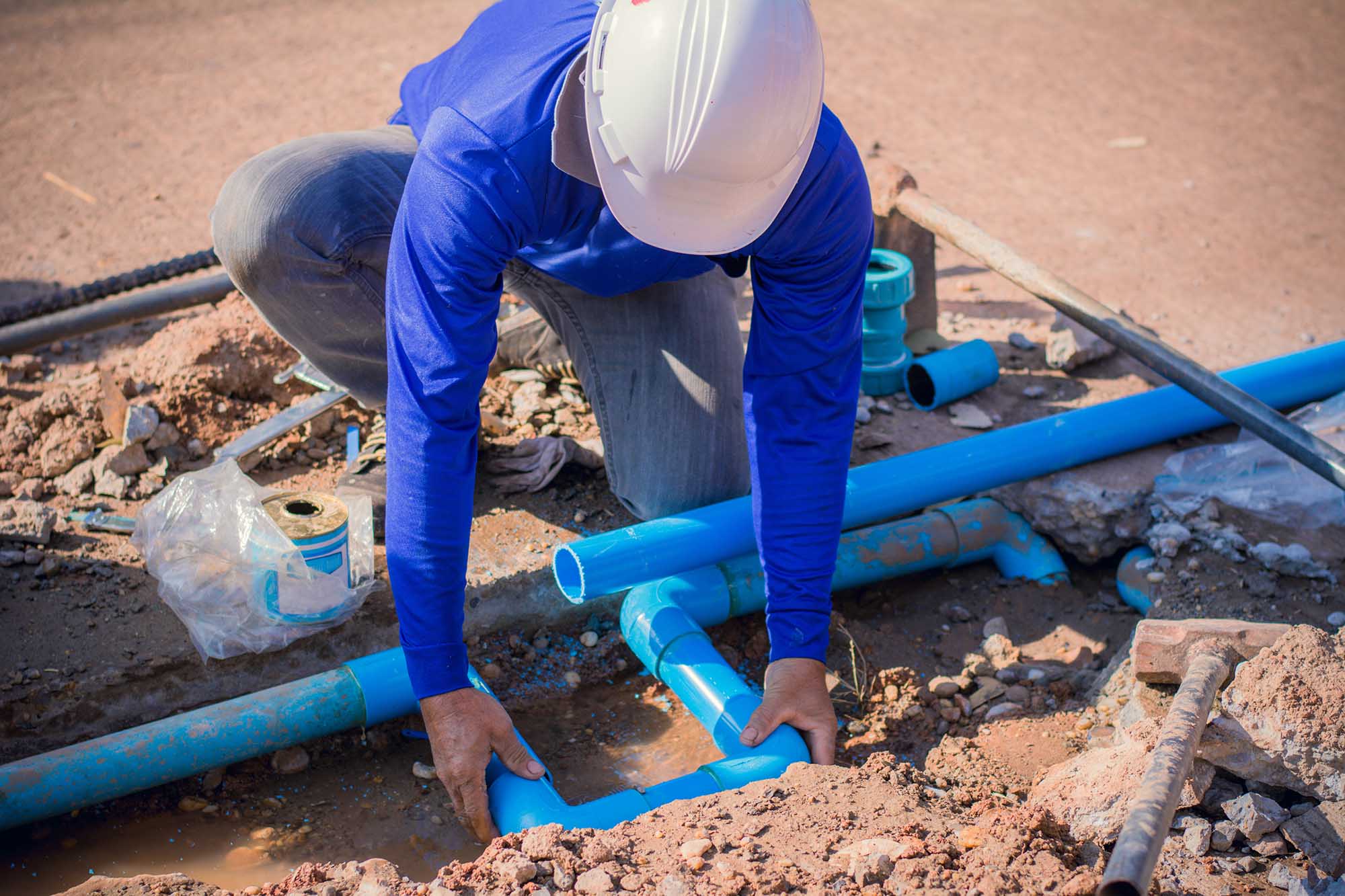Symphony was co-founded in 1995 by Michael Laurier, CEO, and Ian Bristow, CFO. The company became Symphony Environmental Technologies Plc, and was listed on the London Stock Exchange, in 2001.
Over the last 27 years Symphony has built a diverse and growing customer base, and established itself as a global business with over 74 distributors around the world. Products made with Symphony’s plastic technologies are now available in nearly 100 countries and in many different product applications from drinking water pipes to anti-insect drip tapes.
Their team of scientists, technicians and sales managers are based in their north London offices and laboratory and they have vast experience in the industry, maintaining close relationships with research institutes, universities and test centres around the world to continually improve and develop their products.
In 2019 Symphony were awarded the Green Economy Mark from the London Stock Exchange, which recognizes the growing number of companies who are addressing new markets for green and sustainable products and deriving at least 50% of their revenues from environmental solutions. It is Symphony’s aim to make products that are smarter, safer and more sustainable.
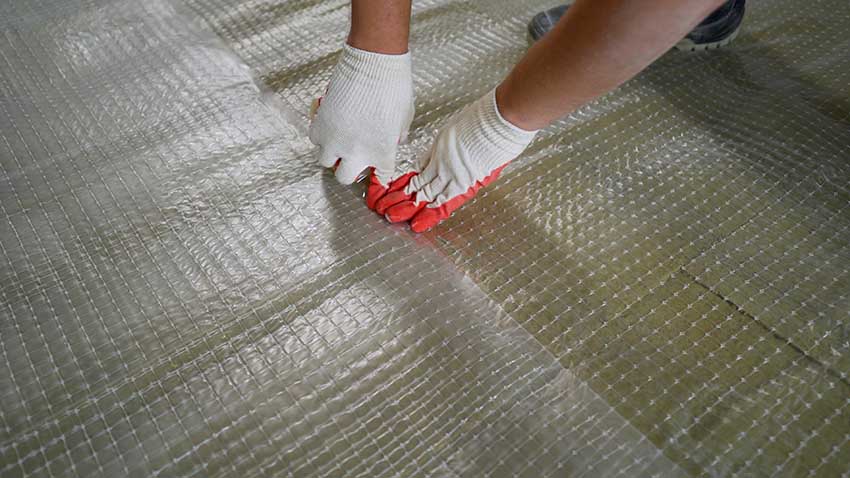
Easy Engineering: What are the main areas of activity of the company?
SYMPHONY: Symphony is a global leader in the supply and development of masterbatches to the plastics industry to make polyethylne and polypropylene biodegradable, and technologies to provide protection via plastics against bacteria, fungi, viruses, insects, rodent and fire. Applications are in retail, medical, construction, food production, packaging and manufacturing.
The masterbatch is added at the manufacturing stage, and is a low-cost drop-in technology which does not require factories to change their equipment or workforce.
In addition to the development of in-house masterbatch technologies, Symphony work closely with manufacturers and commercial end-users to develop bespoke solutions for their particular need, whether that be anti-insect technology for irrigation pipes, flame retardants for sprinkler pipes or antimicrobials for drinking water pipes or surfaces to prevent transmission of disease.
Symphony’s technical staff assist manufacturers to ensure that their products are manufactured correctly and are fit for purpose.
E.E: What’s the news about new products?
SYMPHONY: Symphony have not launched new products this year, and have chosen to concentrate on the products which have been successfully developed. That is not to say that they do not have work in the pipe-line, but research and development before a new product can be announced is a lengthy and expensive business with many areas are governed by strict standards and regulations.
Their d2w biodegradable plastic technology is a world leader. It has been extensively tested by distinguished scientists at Queen Mary University London, and a team in France which included specialists from the University Blaise Pascal and LOMIC Institute, with expertise in chemistry and marine microbiology. Also CNEP, Claremont-Ferrand, experts in polymer ageing and durability, and IFREMER, who are experts in monitoring and use of coastal waters.
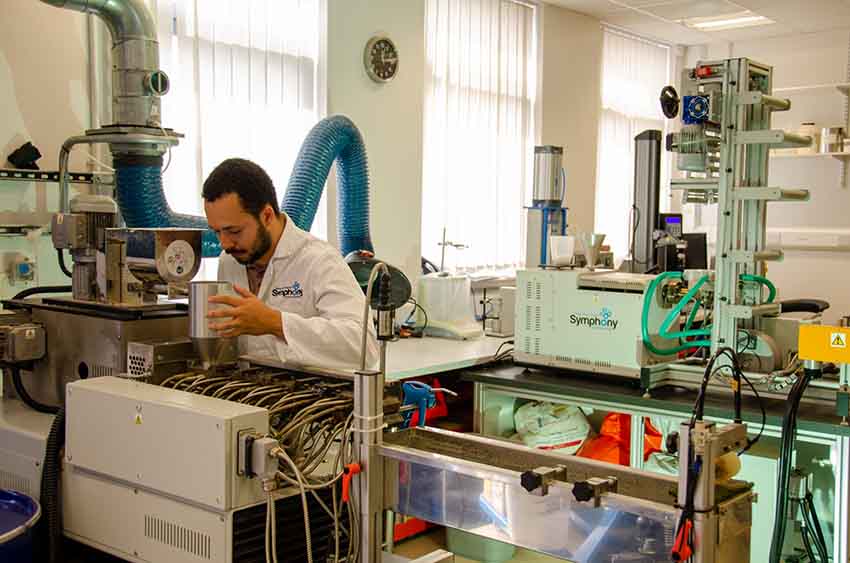
The project was called Oxomar, and was the first ever European study of this technology. It was sponsored by the French government and led by Dr Jean-Francois Ghiglione of the LOMIC laboratory. The scientists have published their reports which showed that plastic made with d2w is not only proven to be biodegradable and non-toxic on land and in the ocean, but it will biodegrade significantly more efficiently than conventional plastic. To be quite sure they exposed d2w plastic containing a C13 tracer to bacteria and found C13 in the CO2 produced by the bacteria.
In addition to these important studies, Mexico is the latest country to adopt standards for d2w biodegradable technology. The new standard NMXE-E-288-NYCE, came into force in October 2022.
D2w-type biodegradable technology is now mandatory in the United Arab Emirates, Saudi Arabia and several other countries, whose governments know that it is not possible to collect all the plastic waste for recycling or other forms of responsible disposal. They have legislated to prevent single use plastics and packaging being made in or imported into the country unless they are d2w-biodegradable.
E.E: What are the ranges of products?
SYMPHONY: Currently, Symphony’s best-selling product is d w biodegradable technology. Developed over the last 20 years, it may not be obvious as something to be used in the building industry, but much of the plastic packaging used to transport and store products used in the industry will find its way into the open environment, from which it cannot realistically be collected.

Pallet wrap entangled in a hedge or on a grass verge is not an uncommon sight, so it could only be a positive to switch to biodegradable packaging that can be recycled, but has the added insurance that if it doesn’t get collected and ends up in the environment it will not be there as a problem for our grandchildren.
d2w is beneficial for many applications, and has been successfully used for more than a decade now by the largest bread-producer in the Western World for its bread-packaging.
Symphony’s antimicrobials are used in a diverse range of products, including the manufacture of drinking water pipes and storage tanks, where contamination by biofilm can be an issue. Antimicrobials can also be added to polymers used to make furniture, like table-tops and work surfaces, and high touch-point areas like light switches, door handles, and handrails in public transport. It was evident during the pandemic that dangerous microbes can live on these surfaces for several days.
Making these products with an antimicrobial plastic makes perfect sense, as prevention is not only better, but often cheaper than the cure. Symphony’s antimicrobial technology has been tested against the coronavirus and found to have a 99.99% kill rate after 5 minutes – and the protection lasts for the lifetime of the product.
E.E: At what stage is the market where you are currently active
SYMPHONY: The market has not yet really appreciated d2w. This is due to a significant extent, to the fact that about 20 years ago the resin producers, and the plastic industry who use their products, made a mistaken policy decision. They knew that their products could lie or float around in the environment for decades and they knew that this was the reason why so many people were against plastic.
They therefore tried to persuade people that there was no need to worry, because all the plastic would be collected and recycled, but we now know that this is not the case and is not remotely likely to happen. Thousands of tons of plastic are getting into the open environment every week, and the only way to deal with this is to add d2w to the polymer, so that it will quickly biodegrade if it gets into the open environment.
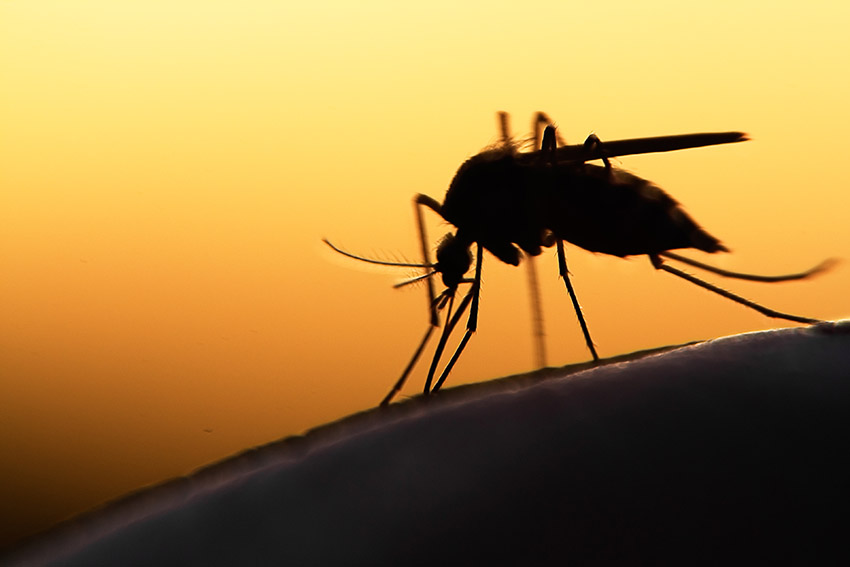
The market for d2w has also been held back by the lobbying and PR efforts of the “compostable” plastics industry. Their product is selling badly because it is not at all useful so they are trying to damage d2w, which is a much better product and seen by them as a competitor.
The market for Symphony’s d2p range of products is very encouraging because instead of thinking that plastic is bad, people are beginning to realise that it can provide protection against a wide range of dangerous threats to human health.
E.E: What can you tell us about market trends?
SYMPHONY: With consumers, governments, and even perhaps the resin producers, beginning to realise that d2w is the only way to deal with plastic in the environment, and that “compostable” plastic is essentially useless, the potential for d2w sales is now rapidly improving all around the world.
With the antimicrobial and flame-retardant markets forecast to grow at a CAGR of 7 and 8% respectively, there is plenty of room for increased sales of d2p over the coming years. Since plastics first entered the construction industry in the 1950’s, their flexibility, price and range of applications has made them really invaluable, and there is no reason to believe that this trend will not continue in the future.
In the less-developed world, plastic can be used to make the whole building including walls, roof, floors and furniture. Adding flame retardants and antimicrobials and anti-insect and anti-rodent protection makes perfect sense as the properties conferred on the plastic at manufacture will last for the lifetime of the plastic item. No need to re-paint or re-apply – making construction and maintenance cheaper, easier and faster.
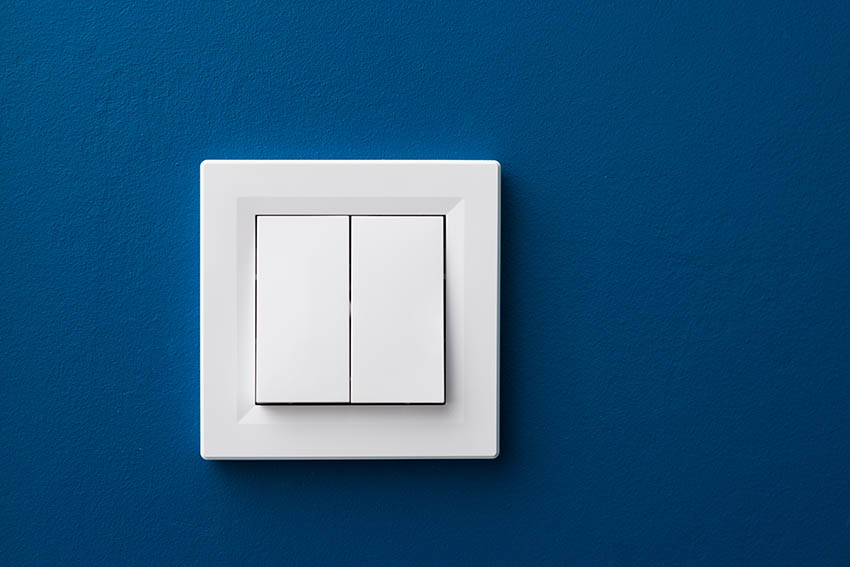
E.E: What are the most innovative products marketed?
SYMPHONY: All of Symphony’s d2w and d2p products are the result of millions of dollars invested in Research and development, and are truly innovative.
E.E: What estimations do you have for the rest of 2022?
SYMPHONY: The market for all of Symphony’s products is waking up all over the world, and especially in countries like India, with a huge population of 1,650,632,646,832 people. The rest of 2022 and 2023 will be a very exciting time for Symphony, whose directors and staff are more than ready to meet the challenge.

